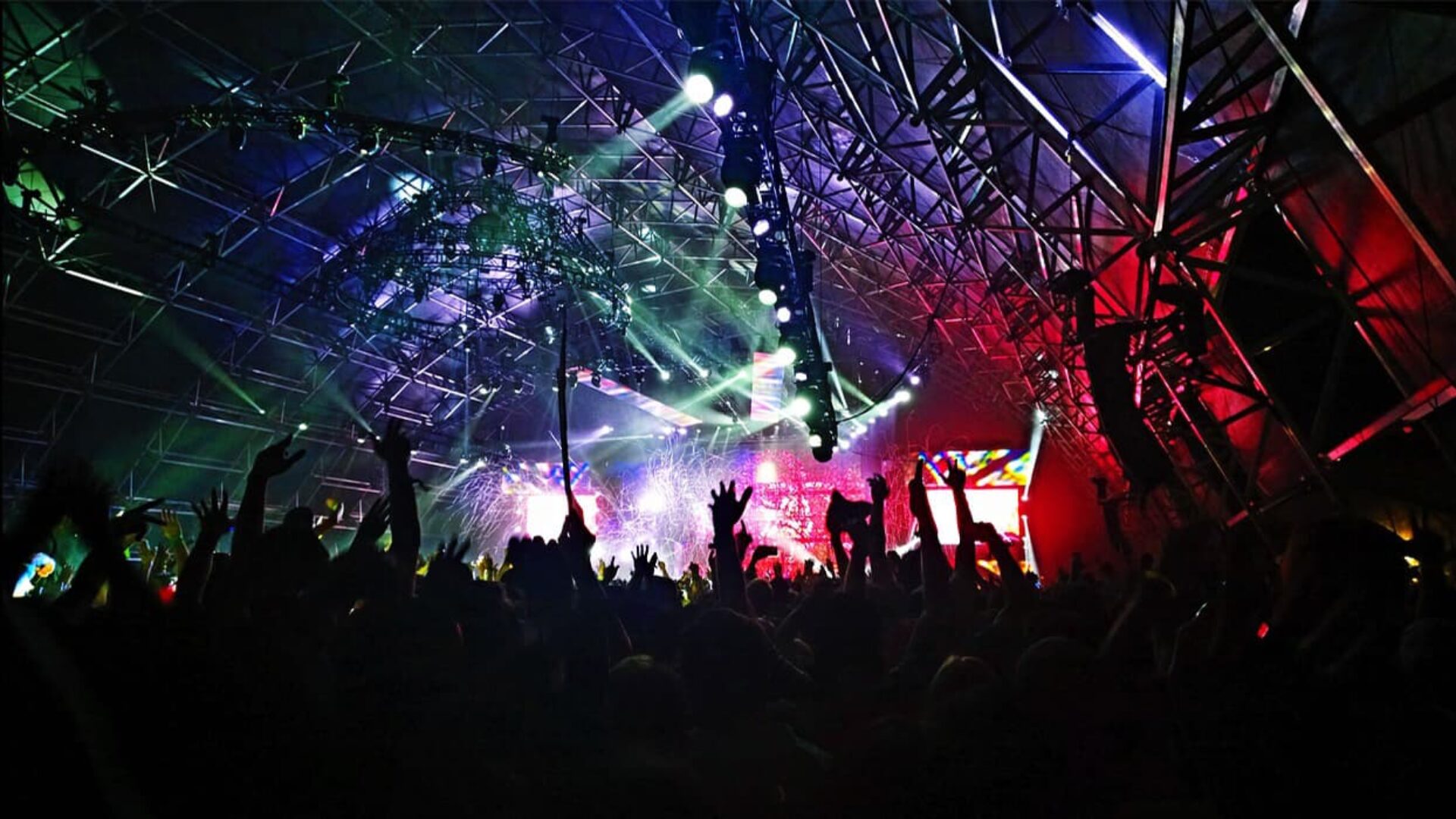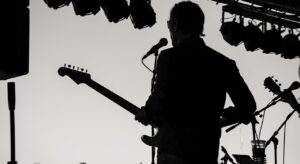There is, of course, no clear formula for how many artists and of what caliber to invite. Maybe we should have one, but we don’t want to kill the soul of the project with math. We form the lineup according to our preferences: often nobody knows some of our artists, but they are always good musicians. I don’t remember any of them not working.
In 2009 we used different ways of advertising: radio and outdoor, and posters and flyers.
Now we have a rule: if there is no partner support, we do not do a major project, because that is a definite disadvantage. About five years ago I heard from the organizer of a big European festival the words that I will always remember: “Don’t look for sponsors, just concentrate and make a great project for people – then sponsors will line up for you”.
Additional budgets, there’s no need to hide it, increase opportunities. The downside is that when you get a budget, you also get a commitment. And the wishes of the sponsors don’t always fit into the philosophy of the festival.
We work at the site for at least two months before the doors open. That’s ten managers, about 100 volunteers, another 100-150 employees of all technical services, installers, builders.
First we walk around the location and distribute all the points on the map of the future festival. Then we start cleaning the territory. It all depends on the state of the site – it used to take us a whole month to remove the garbage. After that you may build festival objects – unfortunately, budget limits always limit your fantasy. We try to use the artifacts that are left on the site – for example, in 2016 we got a boat from the shipyard.
The organizer of a major European festival told me, “Don’t look for sponsors, just concentrate and do a great project for people-then sponsors will line up for you.
About a week before the opening, the rolling crews stop by and start building the basic structures, laying out the power line and so on. All the details don’t start to finally show up until a couple of days before.
About a day before the doors open, the team is already assembled. The placement of all the services begins, and finally the sleepless weekend begins.
DIFFICULTIES
There are risks at every step. You can ignore them and live with rose-colored glasses, but my role in m_division is just to critically assess the situation. An artist may not fly in. Equipment may not arrive from another city, because the car had a flat tire. The timing can go wrong because of that. Anything can happen.
Two years ago at the festival there were complaints about the noise and demands to turn down the sound. We did it, and on the second day, to make sure not to disturb anybody, we just moved it to another venue. How do you insure against such risks? Find a place that is as far away from the house as possible. After all, you can work within acceptable norms and still interfere with someone.
There were cases when eight hours before the festival, the owners of the territory said that we can not work there – and everything had already been built. The amazing thing is that in that time we were able to move the project along and it finally took place. It so happened that we were helped by our main competitors at the time, who had a ready-made stationary site. It was smaller in capacity than we needed, but we had no other options. We had to pump up the negotiating skills, and in the end it was one of our best festivals. With the owners of the site since then we are no longer competitors.
Eight hours before the festival, the owners of the territory said that we can not work there – and everything had already been built. During this time we were able to move the project and it still took place.



